China's annual increase of atmospheric carbon dioxide concentrations last year was slightly lower than the average growth of the past decade, the China Meteorological Administration said on Thursday.
The 2023 China Greenhouse Gas Bulletin, released by the CMA on Thursday, revealed that atmospheric carbon dioxide concentrations in 2023 rose by 2.3 parts per million compared to 2022. The rise is slightly below the decade average of 2.4 ppm recorded between 2014 and 2023.
"The rise roughly equals the global increase of carbon dioxide concentrations over the same period," said Huang Wei, deputy director of the CMA's Department of Science, Technology and Climate Change.
Based on the data collected from the Waliguan Baseline Observatory in Qinghai province, the average carbon dioxide concentration in the atmosphere reached 421.4 ppm last year. This measurement, reflecting the number of carbon dioxide molecules per million molecules of dry air, is roughly equivalent to the average in the mid-latitudes of the Northern Hemisphere, according to the CMA.
The bulletin showed that the average atmospheric concentrations of methane and nitrous oxide — two other primary greenhouse gases — rose by 8 and 0.8 parts per billion respectively from 2022 to 2023. These increases were lower than the global averages over the same period, noted Huang.
The CMA has been publishing greenhouse gas bulletins for 13 years, which corresponds to the annual publication of the World Meteorological Organization Greenhouse Gas Bulletin.
The WMO's 20th bulletin, published on Oct 28, highlighted that the global concentrations of major greenhouse gases hit record highs last year.
The annual average concentrations of carbon dioxide, methane and nitrous oxide were reported at 420 ppm, 1934 ppb and 336.9 ppb, respectively, representing annual increases of 2.3 ppm, 11 ppb and 1.1 ppb.
The bulletin also noted that 2023 experienced the fastest accumulation of carbon dioxide in human history.
Under the WMO framework, the CMA is responsible for high-precision observation of greenhouse gases in China, adhering to international methods and standards.
To date, the CMA has established a national network for greenhouse gas monitoring, including one global atmospheric baseline observatory, one overseas observatory in Antarctica, and seven regional observatories. This network enables monitoring of over 30 greenhouse gases outlined in the Kyoto Protocol, explained Hong Guan, deputy head of the CMA Meteorological Observation Center.








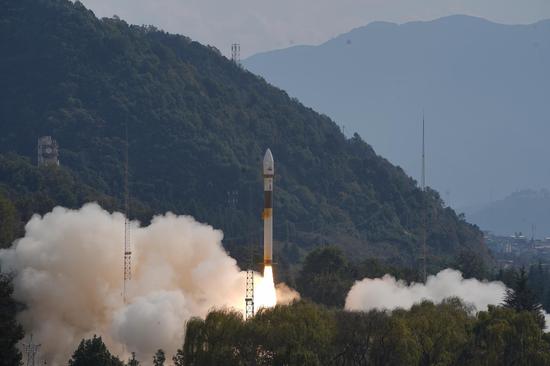
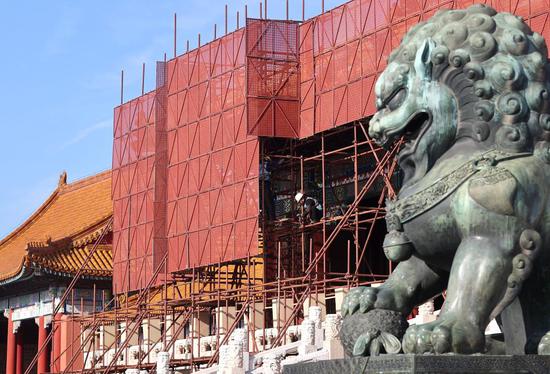

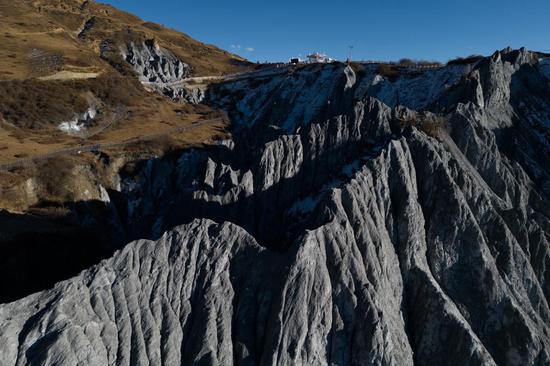
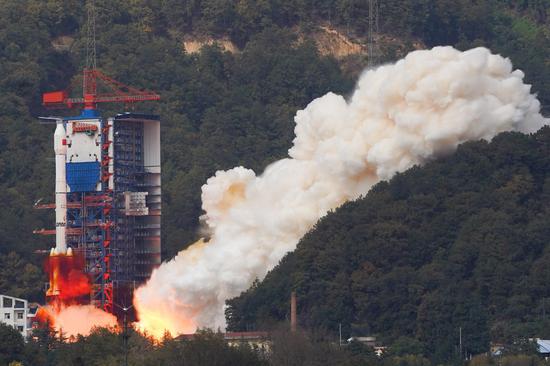
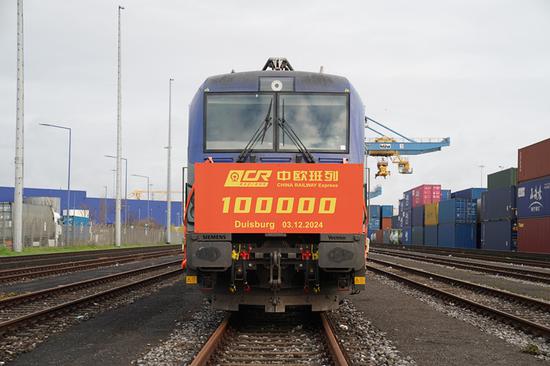
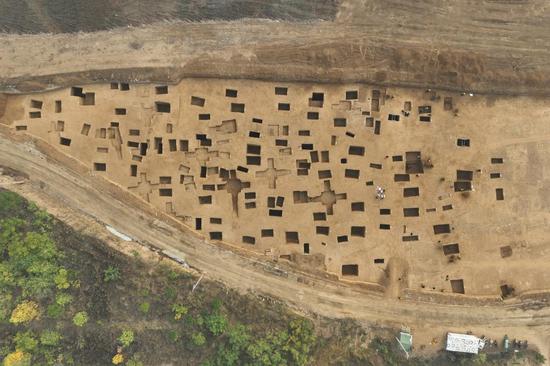
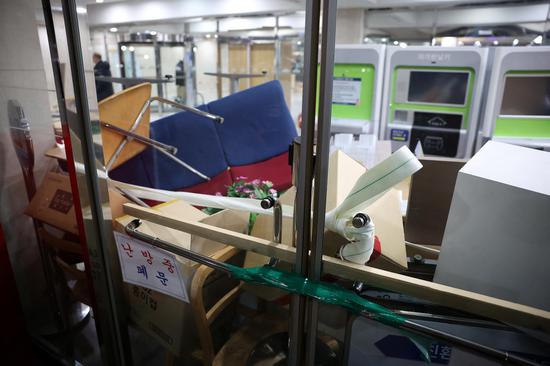





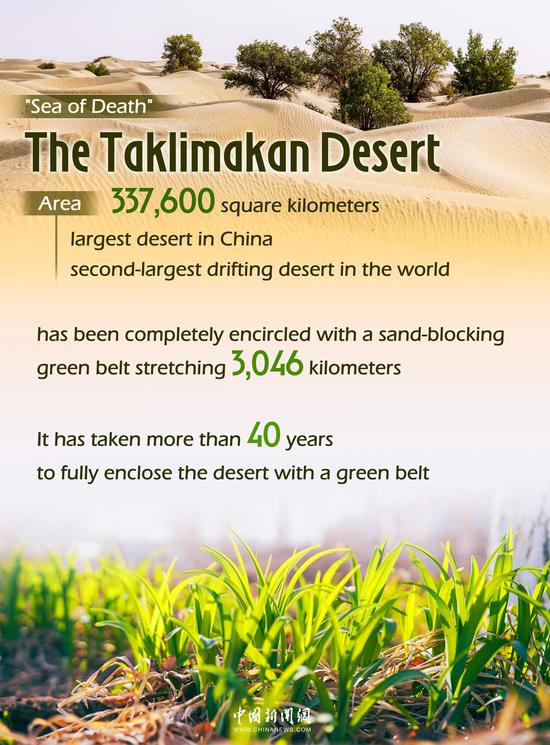



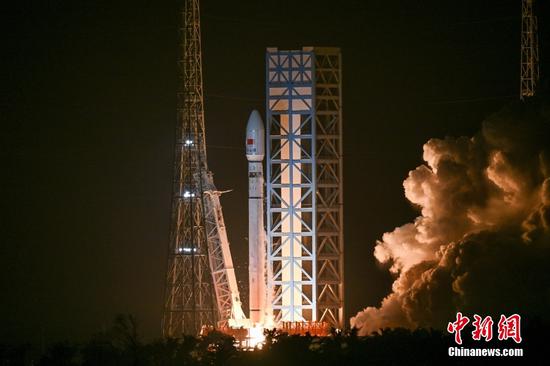


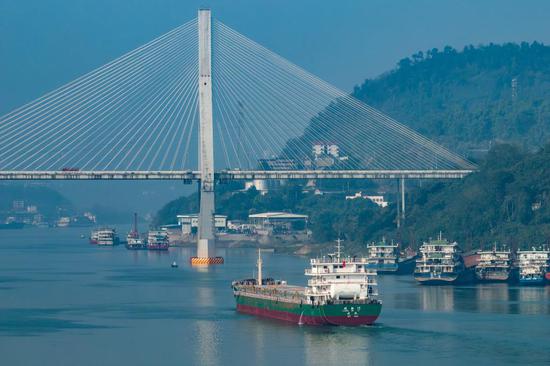
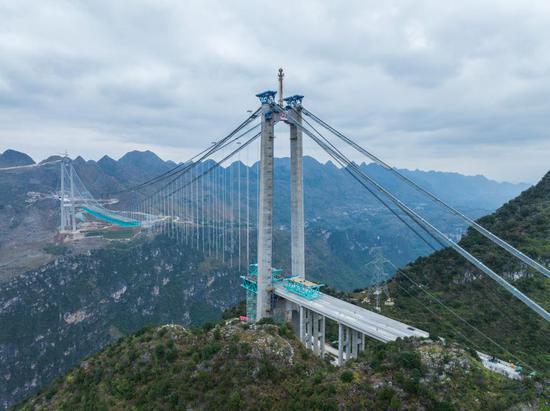

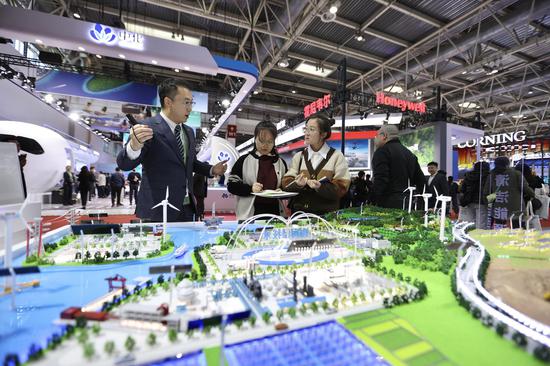
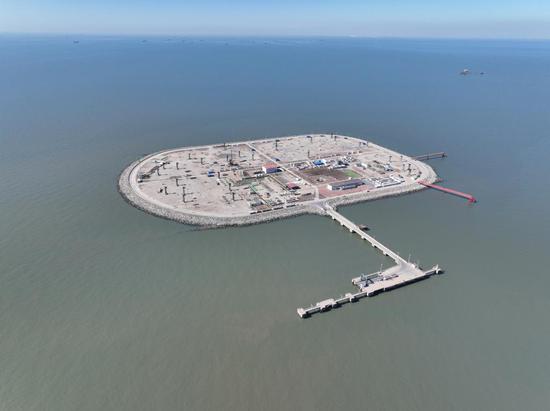

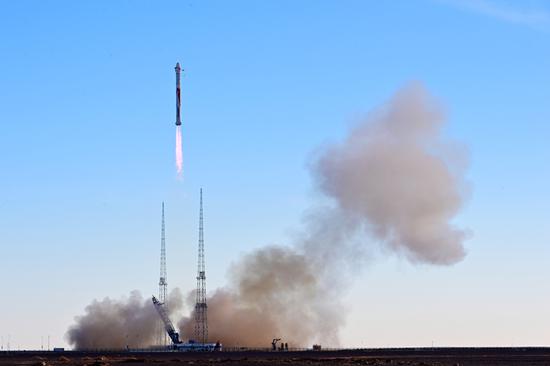
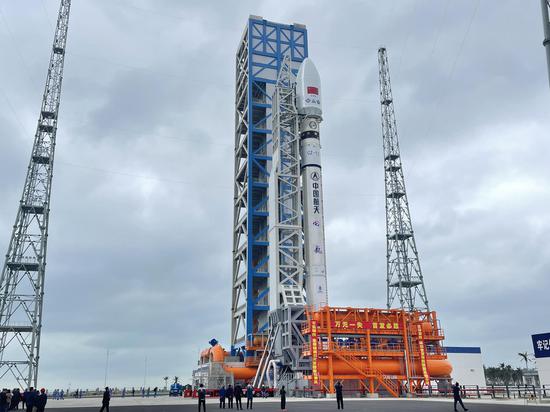


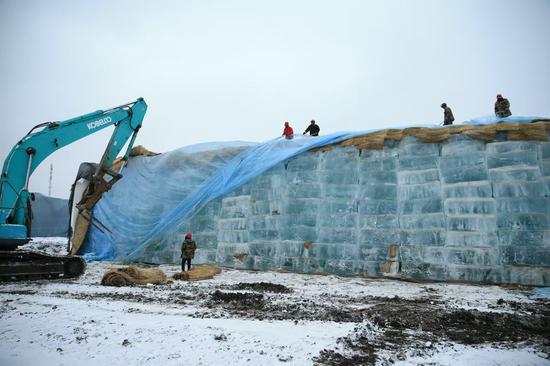

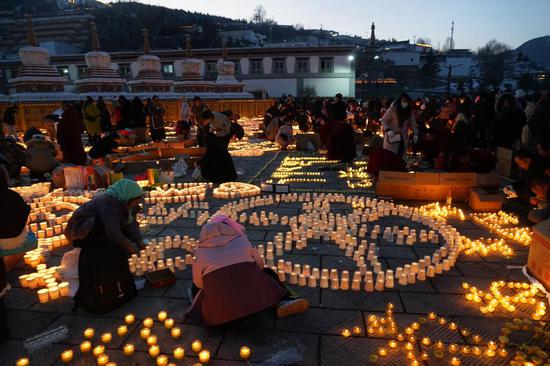

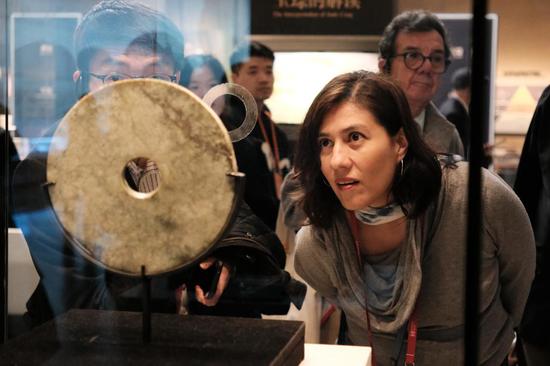
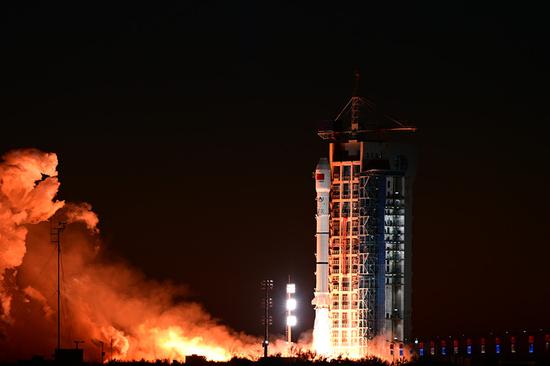
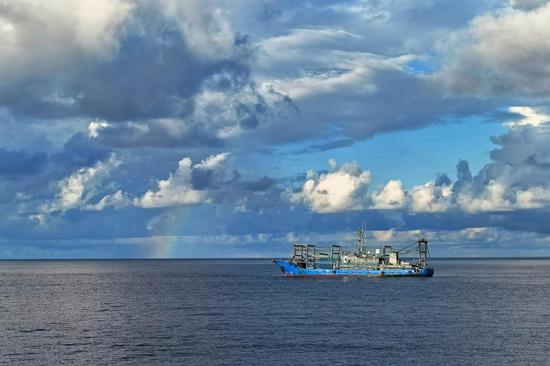





 京公网安备 11010202009201号
京公网安备 11010202009201号